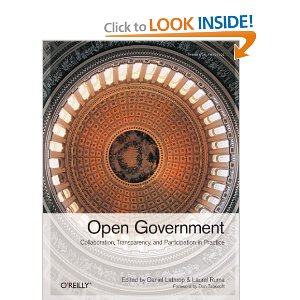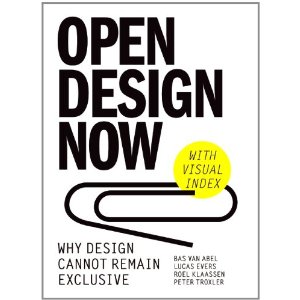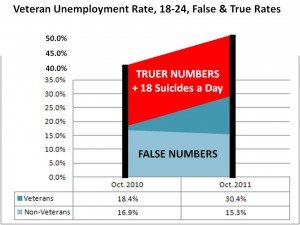
$200K raised, thanks to all who contributed.
VISIT THEM to a) reserve your user name and/or b) make a contribution to their Kickstarter campaign.
Hypothes.is <http://hypothes.is> will be a distributed, open-source platform for the collaborative evaluation of information. It will enable sentence-level critique of written words combined with a sophisticated yet easy-to-use model of community peer-review. It will work wherever you are‹as an overlay on top of news, blogs, scientific articles, books, terms of service, ballot initiatives, legislation and regulations, software code and more‹without requiring participation of the underlying site.
It is based on a new draft standard for annotating digital documents currently being developed by the Open Annotation Collaboration, a consortium that includes the Internet Archive, NISO, O'Reilly Books, Amazon, Barnes and Noble, and a number of academic institutions.
Media Coverage: Techcrunch, Forbes, ReadWriteWeb, KurzweilAI, SkepTools, Researchity
Phi Beta Iota: Apart from rapidly exposing lies by governments and corporations (“put enough eyeballs on it, no bug is invisible”) this has potential for also exposing covert sources of mis-information, connections between sources being harmonized covertly, and so on. This has great promise.
See Also:
Advanced Cyber/IO (671)
Autonomous Internet (123)








